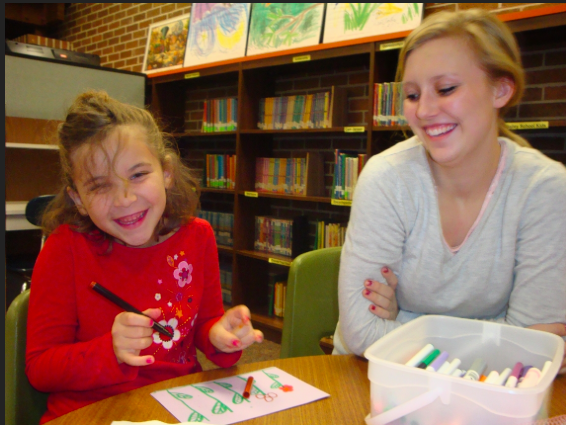Can learning-related social support mitigate the effect life stress has on adolescent life satisfaction?
Lyons, M. D., & Jiang, X. (2022). School-related social support as a buffer to stressors in the development of adolescent life satisfaction. Journal of Applied School Psychology, 38(1), 21–38. https://doi.org/10.1080/15377903.2021.1895397
Summarized by Ariel Ervin
Notes of Interest:
- Research shows that learning-related social support correlates with developmental outcomes.
- It’s still unclear whether learning-related social support mitigates the impact stressful events have on adolescent life satisfaction.
- This study assessed how learning-related social support from teachers, peers, & family members relates to adolescent life satisfaction.
- Learning-related support correlated with adolescent life satisfaction.
- Although peer and family learning-related support correlated with life satisfaction, peer support didn’t predict life satisfaction after six months. However, family learning-related support continued to be a predictor of it.
- Findings also indicate that learning-related social support might mitigate the negative impact stressful life events have on adolescent life satisfaction.
- Learning-related social support from peers stopped significantly moderating life stressors after six months. However, learning-related social support from family significantly moderated life stressors after six months.
- Family learning-related support can be a modest yet stable predictor of life satisfaction, even when significant adolescent stressors are controlled.
- Given how parents can alleviate the impact stress has on adolescent life satisfaction, school professionals have to assess how they can also support parents.
Introduction (Reprinted from the Abstract)
Adolescents who report high levels of satisfaction with their life tend to have better grades in school, fewer behavior problems, and positive long-term outcomes. For this reason, there is a growing interest in understanding how schools can promote life satisfaction. In this study, we examined how social support for learning (i.e., support provided by families, teachers, and peers related to learning) relates to adolescent life satisfaction. Further, we tested how this type of social support moderates the effect of stressful life events as a predictor of adolescent life satisfaction cross-sectionally and over a 6-month period. Cross sectional analyses revealed that peer, teacher, and family social support for learning had a small, but significant, association with life satisfaction (beta-weights between 0.10 and 0.21) and that peer support significantly moderated stressful life events (β = −.035). After a 6-month period, family support for learning was observed to have a significant main effect (β = .187) and moderated life stress (β = −0.109); but no other significant effects were observed. The results of this study suggest that social support for learning may be one malleable construct schools consider assessing to understand school-factors that influence student life satisfaction. In addition, schools may consider interventions that target family social support for learning, especially for students experiencing significant life stressors as one way to promote life satisfaction.
Implications (Reprinted from the Discussion)
Our findings were generally consistent with Evans’s (1994) model of life satisfaction and suggest social support for learning was positively associated with adolescent life satisfaction. Like previous research on the association between social support for learning and life satisfaction (Danielsen et al., 2009; Siddall et al., 2013), we found significant associations between family, teacher, and peer social support for learning with adolescent life satisfaction. Our findings also extended the understanding of social support for learning and adolescent life satisfaction in two ways.
First, we found that family and peer social support for learning significantly predicted life satisfaction cross-sectionally. But, after a 6-month period, peer support did not predict changes in life satisfaction whereas family support continued to be associated with life satisfaction. This result is consistent with the explanation that different sources of social support may have heterogeneous effects on adolescent life satisfaction. Previous studies, for example, suggest that family social support has a more enduring influence on life satisfaction when compared to other sources of social support (Ronen et al., 2016; Siddall et al., 2013). It is also important to note that the effect size of the association between family social support for learning and life satisfaction was similar to previous studies examining the association between social support and adolescent well-being (Suldo et al., 2008); but the effect sizes in the current study for other sources of social support (i.e., family and teacher) were slightly smaller than reported by Siddall et al. (2013). Taken together, results suggest that family social support for learning may be a modest, consistent predictor of life satisfaction even after controlling for significant stressors faced by adolescents.
To access this article, click here.










